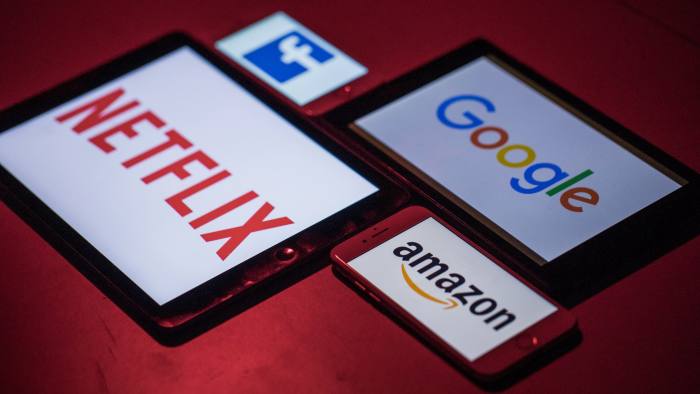Facebook, one of the most famous websites, can undeniably be considered as one of the websites that is most accessed in an hourly basis. The New Zealand government, however, seeks to impose Facebook tax as one of the requirements of businesses in the country.

Through the New Zealand government’s digital services tax, they would be asking online advertising companies, gig economy platforms, and social media firms for taxes. Yes, Uber, AirBnB, Facebook, Google, Twitter, and other worldwide-known websites would be asked for tax.
Read: iTunes Will be Removed as Apple Harmonizes Their Software
When was this new rule planned?
According to Prime Minister Jacinda Ardern back in February of this year, the Government of New Zealand would be releasing a document discussing the canvass and an idea on how the new tax plan would work. Grant Robertson, Finance Minister stated that this new tax rule could raise somewhere between $30 million and $80 million—still dependent on how the taxing rule will apply.
This initiative comes from concerns and reactions that it’s easy and simple for internet tech-giants to earn profits in low-taxed countries.
This, however, was countered by a lot of critics—which includes New Zealand’s top and biggest accounting body. They imposed a warning that applying this type of tax could possibly take in recrimination from exporters to New Zealand.
How would the tax apply to these internet giants?
Google tax, Facebook tax, YouTube tax, etc., would apply digital services tax of three (3) percent to certain revenues that are earned by these moguls.
Another would be modifying the existing international income tax rules. This, however, has the goal of allowing more taxation and is already an alternative being talked about by the Organization for Economic Cooperation and Development (OECD) and the G20.
Read: Social Media Screening for U.S. Visa Applicants
The OECD is a unique organization composed of 34 democracy governments with market economies who work with each other. They also comprise of 70 members that are not part of the same demographic—their goal is to promote prosperity, sustainable development, and economic growth in their nations.
Ardern is not closed-minded as regards this specific issue. He said that the government is still concocting different views and ideas on the different ways on how the digital services tax can be improved after it hit the wealthiest of the population.
Australia, on the other hand, seemed to be a little bit odd with it. They decided and made the announcement that they are not going down the same track.
New Zealand Tax Treaties
Officials of the country made repeated warnings that having this kind of services tax outside the international agreement could disregard tax treaties that New Zealand agreed upon with other countries. More so, it could breach rules of the World Trade Organization (WTO).
Are other countries practicing this type of tax?
There are other countries—India, for instance—who introduced almost the same type of taxes. Based on reports and observations, the tax more likely seemed to appear more like a tariff than a conventional tax.
Robertson said that despite all of the research, goals, and observation, the OECD should come up with a one-all agreed solution and way on how this digital services tax would be imposed.
Read: Google Station Brings Free Wi-Fi to the Philippines
However if the OECD cannot make sufficient progress this year we need an interim solution. Other nations have already taken this step. Modern business practices, digitalization in particular, mean that a company can be significantly involved in the economic life of a country without paying tax on income or turnover. ”
As of this moment, the OECD is innovating different plans and proposals that could be similar or something close to the idea of digital services tax—their target is to have a concrete plan by the end of next year.
Originally, the idea should give justice to the work basing on internet advertising companies and social media value from content uploaded and given by users and not from research and their own activities in which they gain profit.
Read: Facebook Launches New Feature to Make Blind People “See” Photos
What do you think of the digital services tax? Would this help countries in terms of economic and digital development and innovation? Or would this just be a medium to squeeze out funds from multinational tech giants?